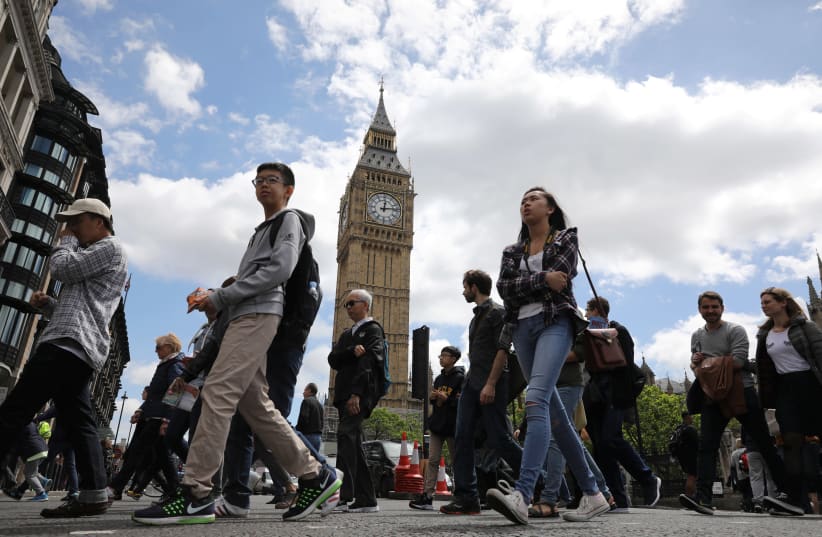Canceling daylight saving time could be detrimental to people's health, a peer-reviewed study found. The study, by José María Martín-Olalla of the University of Seville, was published in August in Chronobiology International.
Though daylight saving time (DST)—the changing of clocks twice per year—has recently been the subject of widespread criticism, researchers have previously been unable to thoroughly analyze the potential impact of canceling the clock change, the study noted.
Martín-Olalla compared the daily rhythms of labor and sleep in Germany, where DST was not observed between 1945 and 1980, and in the United Kingdom, which has observed DST since 1918.
He concluded that, as a result of the long-standing observance of DST in the UK, Britons begin their daily activities exactly as the sun rises in the winter. In comparison, Germans, who did not observe DST for 30 years in the 20th century, begin their day earlier. He noted that increased activity on early winter mornings poses increased risks and is physiologically disadvantageous.
Because they start their day in the dark winter morning hours, Germans tend to rely on artificial light and their bodies take time to "catch up," StudyFinds noted.
Furthermore, if DST were canceled in the United States, where it has been observed for most of the century, more Americans would start their day earlier in the spring and summer, but this would be unhealthy in the early winter hours before sunrise, according to StudyFinds.
Just as canceling DST could distort people's sleep cycles, keeping DST presents its own set of risks to human health. Ideally, people's daily activities should begin when the sun rises, and DST is "effective in aligning the beginning [of] the working day with sunrise" and "regulating human activity in line with the seasons" in intermediate latitudes, the study said.

